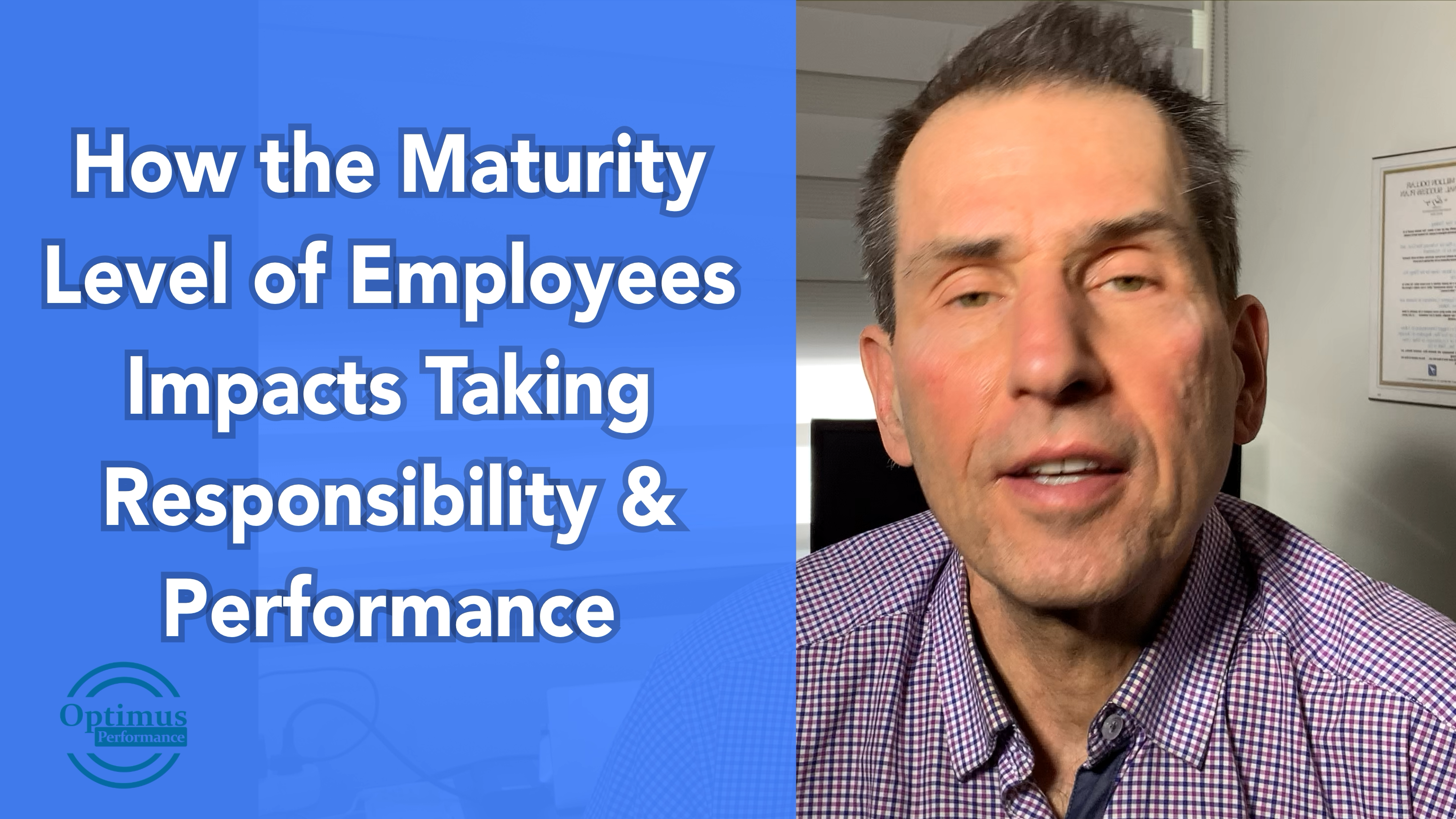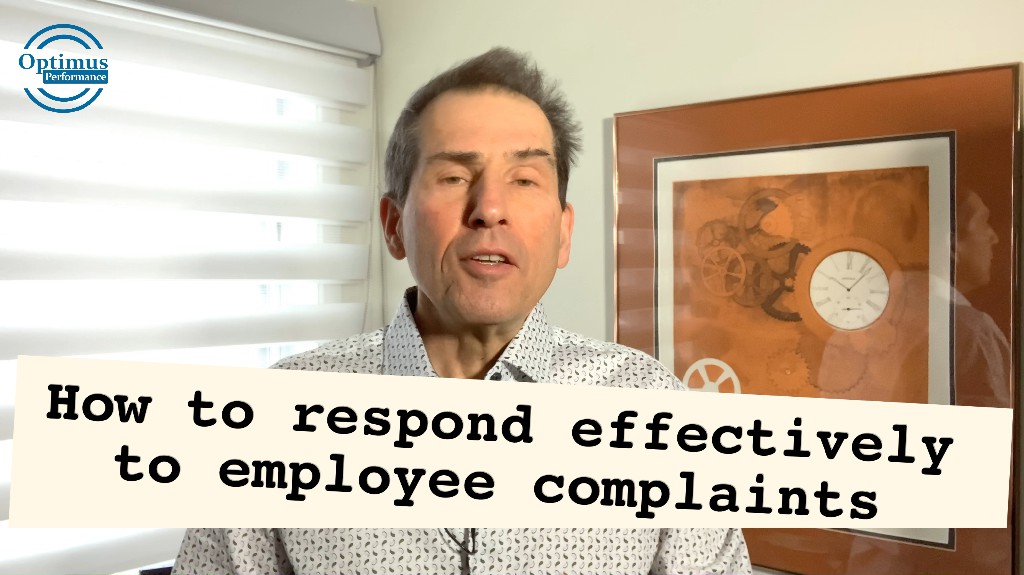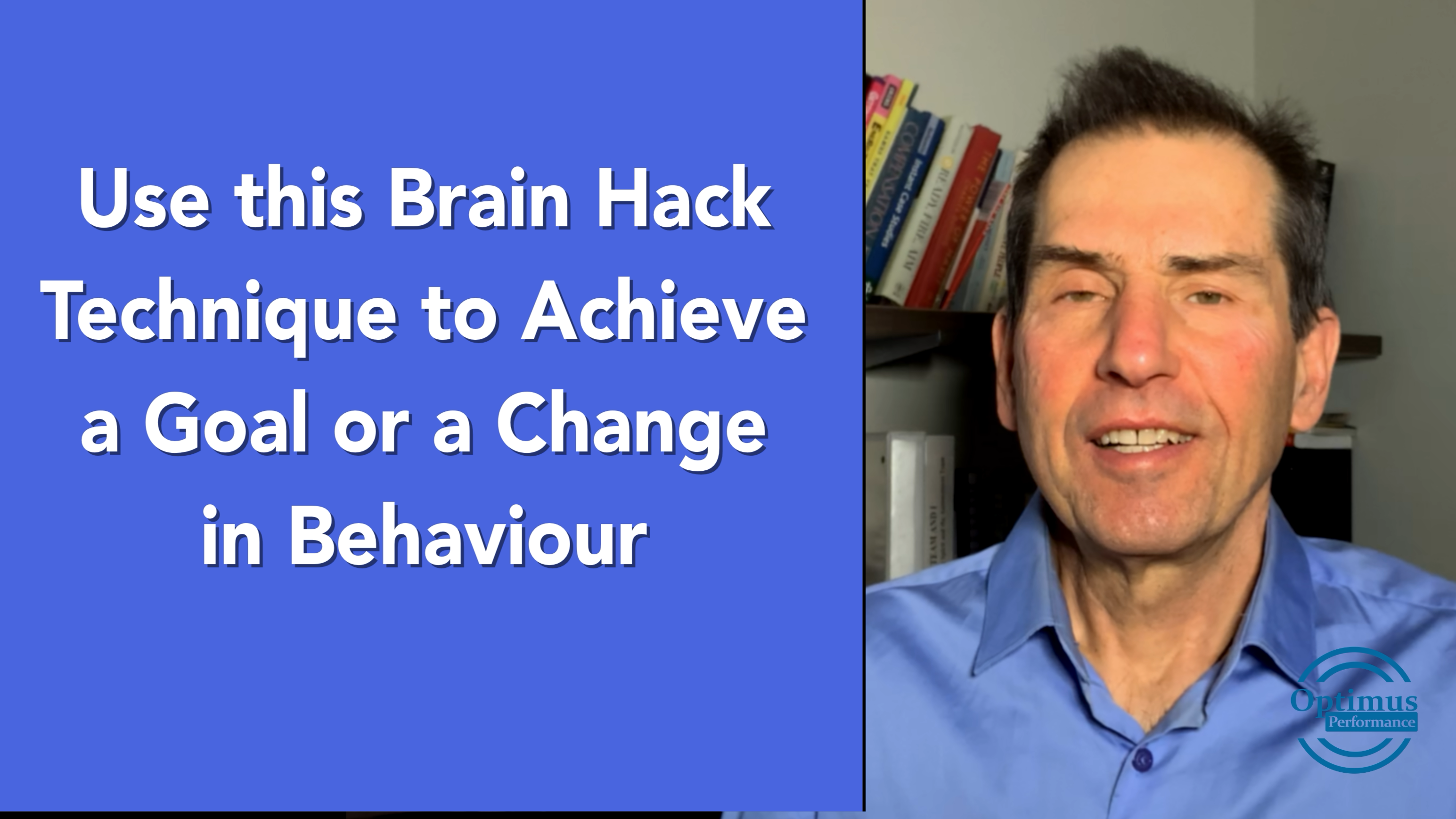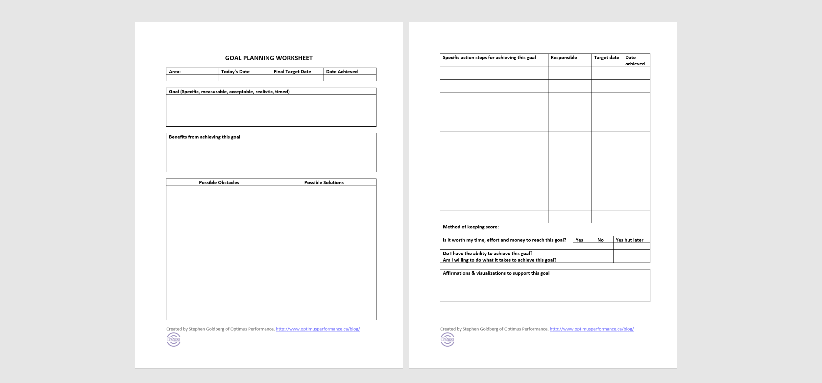When we reach adulthood, we may think we become fully mature. But if we stop growing in all the dimensions of life, we can become stagnant and lose our effectiveness.
The dimensions of life according to Dr. Michael Durst who developed the training program Management by Responsibility are:
- Emotional Response
- Intellectual Functioning
- Activity Involvement
- Self-Discipline
- Relationships
- Physical State
- Spiritual Dimension
The key according to Durst is to continue to grow and be conscious of ourselves. This becomes apparent in how we respond to situations. The more conscious we are, the more effective we are in responding to and dealing with people and circumstances. Durst call this stage of growth the Responsible level.
When someone blames something or someone for what’s happening at work or in their lives, they are not taking responsibility for their own response to the situation. They are then functioning at one of the lower levels called unconscious or self-protective.
Suppose someone has a bad turn in their relationship with their spouse and they become very emotional. If they don’t show up for work or come to work and not get anything done, they are being ineffective in their response to the situation.
Of course, it’s normal to feel down when something negative happens like this, but more emotionally mature people will bounce back quickly and find solutions to the problem. Less effective people will let their emotional state worsen and could become depressed and unable to function.
When someone is functioning poorly in one of the seven dimensions it affects all the other dimensions of life. For example, if someone does not take care of their health properly their physical state will be poor. This will lower their emotional state, their ability to think and to complete their activities properly. It will also affect their spiritual well-being and their relationships.
The only way to become effective in all the dimensions of life is to continue to grow, understand oneself and be balanced in all the dimensions. Taking full responsibility for oneself is really the key, no fault, no blame.
So how do you develop employees to take full responsibility for themselves in all the seven dimensions of life? First is to hire mature employees who not only have the skills you require but also have developed a responsible attitude towards work and life.
The other way is to provide ongoing training that includes aspects of personal development so people continue to challenge themselves and understand they can continue to reach higher.
The result of highly responsible and mature individuals is greater personal satisfaction, better health and a longer more joyful life.
Here is an interesting resource to help people better understand themselves and become more responsible https://www.tprf.org/programs/peace-education-program/




